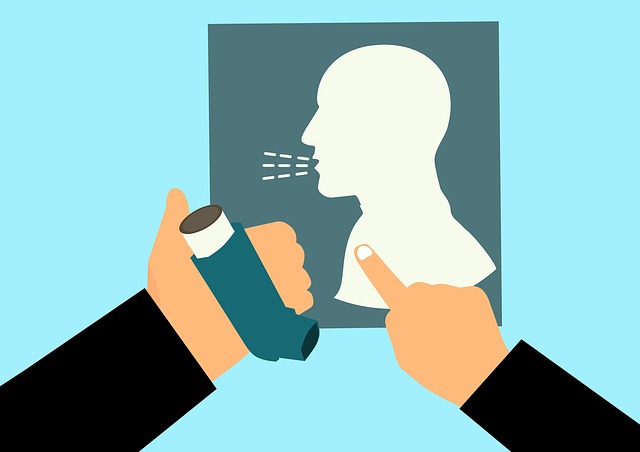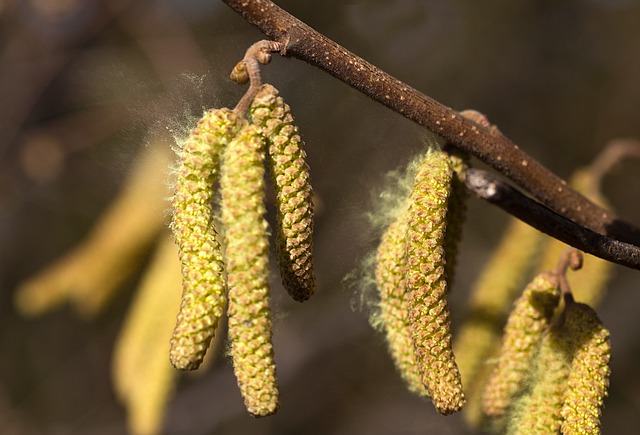
While colds and the flu are the most common causes of coughing, it can also happen due to allergies, throat irritants, drugs, or underlying medical conditions. Understanding the differences between a dry cough vs wet cough is essential for effective diagnosis and management.
Types of Cough
The action of coughing expels mucous, germs, and dust particles from the airways, defending the lungs from infection and swelling. Cough marks the defense of the body against disease.
There are usually two types of cough: A dry cough, which is characterized by irritation and no mucus production, and a wet cough, which involves the expulsion of mucus and serves as a vital mechanism to clear the respiratory tract.
Understanding these distinctions is crucial for proper treatment and care.
Dry Cough

A dry cough is not productive i.e. no sputum is produced in the disease. It can be as a result of an allergic reaction in the throat. Also, a persistent dry cough can be a result of gastroesophageal reflux disease, asthma, lung cancer, heart failure or some medication side effects.
Dry Cough Common Home Remedy
Turmeric Milk: If you have a dry cough, you should drink turmeric mixed milk to get rid of it. Turmeric is an excellent natural antibiotic to cure your cough quickly.
Ginger-Honey-Mulethi: Add a little ginger juice to 1 spoon of honey and drink it. After this, keep a small stick of licorice in the mouth. The licorice will not let your throat dry. The licorice will work to relieve dry throat and sore throat.
Hot Water Gargling: Mixing 1 teaspoon salt in a glass of warm water and gargling in the morning and evening provides relief in dry cough.
Basil Tea-Pepper-Ginger Tea: A tea of tulsi (basil leaves), black pepper and ginger are considered best in curing dry cough.
Cough suppressants: Honey is also an effective remedy for dry cough other than nonprescription agents such as dextromethorphan that can partially suppress the cough reflex, promoting patient comfort.
Wet Cough

Whereas in wet cough, there is a tightness in the ribs (chest) with a wheezing sound. This kind of cough produces mucus from the lungs or sinuses. Every wet cough is associated with an underlying infection be it bronchitis, pneumonia or the common cold.
Wet Cough Common Home Remedy
Mulethi-Black pepper-Honey: If you have a wet cough, you should make a paste by mixing licorice (mulethi) powder and black pepper powder in honey. Licking this paste slowly with your finger or take with a spoon.
Avoid Tumeric Milk: One should not take turmeric milk to treat wet cough. Because milk can create problems by increasing phlegm or making the mucous thicker.
Use a humidifier: In wet cough, a throat becomes dry causing more irritation and inflammation. The humidifier prevents you from breathing in dry air.
Steam Therapy: steamy inhalation helps to moisten airways and loosen up the mucus in your chest.
Cough Expectorants: Guaifenesin is common over the counter cough syrup that can help. In-home remedy, you can consider taking pineapple juice which contains an anti-cough compound called bromelain.
Clove Tea: In cold and respiratory infections, clove tea offers benefits by working as an expectorant loosening the mucus in the airways.
Dry cough vs wet cough which is Better?
Neither a dry cough nor a wet cough is inherently better in terms of severity. The severity of a cough depends on its underlying cause and the individual’s specific condition. Dry coughs are often associated with irritation and may be less severe in some cases, while wet coughs can be a sign of a respiratory infection and may be more severe.
It’s essential to focus on the underlying cause of the cough and seek appropriate medical attention and treatment rather than trying to determine which type of cough is “better.” A healthcare professional can evaluate the cough’s severity and recommend the best course of action based on the individual’s specific situation.
Can a dry cough turn into a wet cough?
Yes, a dry cough can potentially evolve into a wet cough. This transformation often occurs as the body’s natural defense mechanisms work to clear the airways.
Initially, a dry cough may be caused by irritation or inflammation, but as the condition progresses or as the body produces more mucus to combat an infection or foreign substance, the cough may become productive, leading to the development of a wet cough.
How do I know if your baby’s cough is wet or dry?
Determining whether your baby’s cough is wet or dry can be crucial in understanding their health and providing appropriate care. One of the primary indicators to distinguish between the two types of cough is by listening to the sound of the cough.
A wet cough typically sounds moist and may be accompanied by gurgling or bubbling noises. This is because it involves the expulsion of mucus or phlegm from the airways. On the other hand, a dry cough tends to be more hacking and harsh, without the accompanying sound of mucus.
Observing the nature of the cough can also help. A wet cough often results in the expulsion of mucus, which can be seen when your baby coughs up phlegm or spits it out. In contrast, a dry cough typically does not produce mucus or phlegm, and your baby’s throat and chest may feel relatively clear.
Additionally, pay attention to other symptoms your baby may be experiencing. A wet cough is often associated with symptoms of congestion, such as a runny or stuffy nose, while a dry cough may occur independently or alongside symptoms like throat irritation or fever.
Dry cough and wet cough syrup
Cough syrups can be broadly categorized into two types: dry cough syrup and wet cough syrup. Each type is formulated to address specific cough symptoms and differs in composition and action.
Dry Cough Syrup
Dry cough syrups, also known as antitussive syrups are designed to provide relief from a persistent, non-productive cough that is often characterized by a tickling or scratchy sensation in the throat.
The composition of dry cough syrups typically includes ingredients that suppress the cough reflex. Common active ingredients in dry cough syrups may include dextromethorphan, codeine, or diphenhydramine.
These substances work by acting on the central nervous system to reduce the urge to cough, providing relief from the irritation without promoting mucus production. Dry cough syrups are most effective for dry, hacking coughs and are not suitable for wet, productive coughs.
Wet Cough Syrup
Wet cough syrups, also referred to as expectorant syrups, are specifically formulated to address productive coughs characterized by the presence of excessive mucus or phlegm in the airways.
The composition of wet cough syrups typically includes ingredients that help to loosen and thin mucus, making it easier to expel from the respiratory tract. Common active ingredients in wet cough syrups may include guaifenesin or ipecacuanha. These substances work by increasing the production of respiratory secretions and reducing the viscosity of mucus, allowing the body to clear it more effectively.
Wet cough syrups are most suitable for coughs where the goal is to remove mucus and alleviate congestion, but they may not be effective for dry, irritating coughs.
Always consult a pediatrician before giving any medication to a child, especially under 6 years old. If in doubt, stick to remedies that have been specifically recommended by your doctor.
The Takeaway
In the realm of cough remedies, the distinction between dry cough vs wet cough is pivotal in ensuring effective relief. While dry cough syrups target the suppression of the cough reflex for persistent, non-productive coughs, wet cough syrups focus on facilitating the expulsion of mucus to alleviate productive coughs. Choosing the right remedy that aligns with the nature of the cough is essential for achieving the desired relief and enhancing overall respiratory comfort.

Lifebing is driven by an unrelenting passion for promoting health and well-being, our team is wholly committed to curating exceptional content and immersive experiences.
